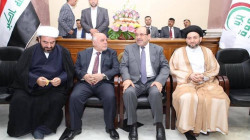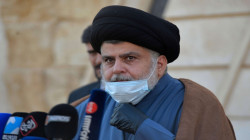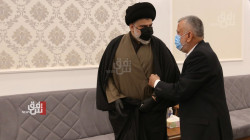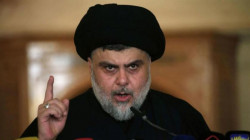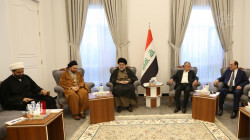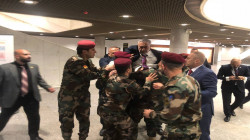Coordination Framework rolls a roster of five PM candidates al-Sadr "might" accept
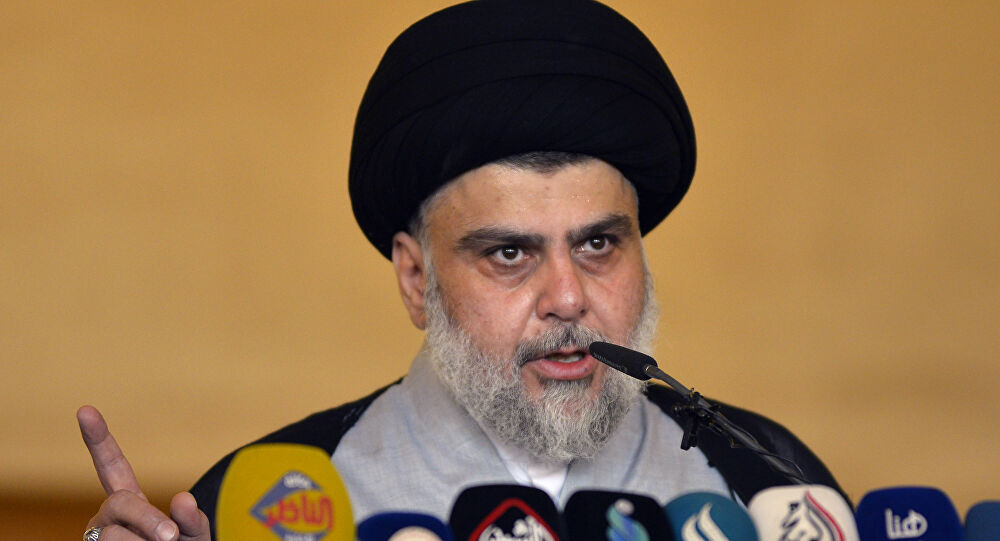
Shafaq News/ The Coordination Framework rolled a list of Premiership candidates that the leader of the Sadrist movement, Muqtada al-Sadr, "might" accept, a leading figure of the Shiite consortium said on Sunday.
The leading figure told Shafaq News Agency that the list includes former Prime Minister and head of al-Nasr bloc Haidar al-Abadi, former Minister Mohammad Shiyaa' al-Sudani, Basra Governor Assaad al-Eidani, and advisor to the President of the Republic Ali Shukri.
"Some of the names on the list enjoy the support of al-Sadr. A Consensus might settle on one of the names during the Parliament's first session," the leading figure said, "a delegation from the Coordination Framework will convene with the Sadrist bloc soon to discuss the issue of choosing the Prime Minister and cabinet line up."
Huge billboards depicting pro-"majority government" mottos erected in the streets of the Iraqi capital, Baghdad, in advance of the first convention of the Iraqi Parliament scheduled for a week from today, Sunday.
The billboards featured hashtags of "Majority Government is a public Demand" with large font on a white background boasting the Iraqi flag on the upper section.
The bloc of the firebrand Shiite cleric, Muqtada al-Sadr, already the biggest in the October 10 election, has been mobilizing impetus behind a "National Majority Government", challenging the status quo "consensus governments", which the forces of the Shiite Coordination Framework have been lobbying for.
al-Sadr has said he will ally himself with whoever puts Iraq's national interests first. That is an indication, Iraqi officials and Western diplomats say, that he may exclude some Iran-backed Shiite blocs in favor of parties with cross-sectarian support.
The elections were held earlier than scheduled in response to huge street demonstrations two years ago against corruption and foreign influence, put down violently by security forces backed by pro-Iran armed groups.
The Sadrist bloc emerged as the clear winner with 73 seats in the 329-seat parliament. Al-Takaddom party, one of two main Sunni political groups and led by the speaker of the outgoing parliament Mohammed al-Halboosi, followed with 37 seats. Former prime minister Nouri al-Maliki's State of Law bloc came third with 33 seats.
The Iran-backed al-Fatah Alliance, won only 17 seats, compared with 45 in 2018.
The Kurdistan Democratic Party (KDP) won 31 seats, while Kurdistan Alliance led by the rival Patriotic Union of Kurdistan (PUK) won only 17 seats.
